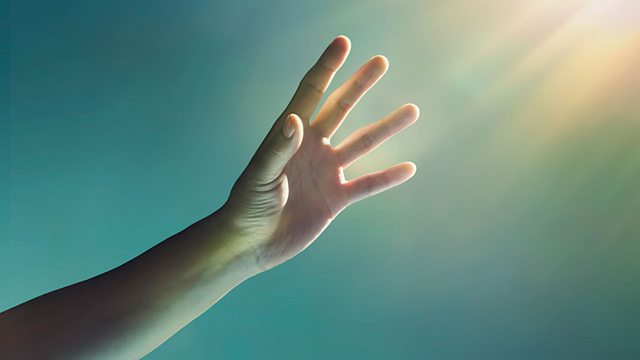Rev Lucy Winkett - 09/08/16
Thought for the Day
It was reported yesterday by the Behavioural Insights Team that on average, when we are asked how much we are eating, we underestimate the calories by up to 1000 a day. For those of us who periodically calorie count and wish that we could eat more healthily more often this isn’t very surprising. There are lots of ways of consuming hidden calories – finishing your children’s food, a snack on the way to work, an extra latte or eating ready meals that have more sugar than we think. It’s really very easy to do –and there is much lively discussion about how far public policy should be intervening in such an individual choice as what we eat every day. We know that we are programmed to want to eat high fat and sugar diets because our appetites haven’t changed from previous generations when we lived a more active lifestyle. In manufacturing ways to increase our daily activity in a world full of lifts, escalators and desk chairs, we are discovering that standing is the new sitting, walking is the new standing and hoovering the ground floor might earn you a piece of toast.
But as we are rapidly discovering, what we eat and how much we eat is not just a matter of statistics or behaviour. Our physical eating and drinking is acutely close to our emotional selves. We are holistic beings, and that’s why this underreporting of calories is just one example of what it’s like to be human; why it seems to be simply part of the human condition to, as Christian Scripture says, “deceive ourselves” so that “the truth is not in us”.
It seems to me that perhaps one of the reasons why we can’t tell how much we’re eating, or at least not want to tell people conducting a survey, is that it touches on our deep vulnerability when it comes to what we think other people think. The Christian tradition will put it this way: we are not only a mystery to others, we are a mystery to ourselves. Our self is shaped not only by our own private thoughts and experiences but by the experience of living alongside others, interdependent with creation, learning to trust in God. I believe that if I can accept this interdependence, I start to see that I’m probably a pretty unreliable witness when it comes to saying what I’m like. I need other people to help me.
Christian spirituality teaches compassion towards the self-deception that this report reveals and ask us not to judge ourselves, but gently keep showing us, as St Paul identified, the gap between what we want to do and what we actually do. Because the wisdom of the Scriptures is also that generating shame and distress about, for example, what we eat, is absolutely the worst way to persuade ourselves to change.
Duration:
This clip is from
More clips from Thought for the Day
-
![]()
Rhidian Brook - 06/11/2025
Duration: 03:02
-
![]()
Jasvir Singh, CBE - 05/11/2025
Duration: 02:47
-
![]()
Rev Dr Sam Wells - 04/11/2025
Duration: 02:52
-
![]()
Chine McDonald - 03/11/2025
Duration: 03:16






